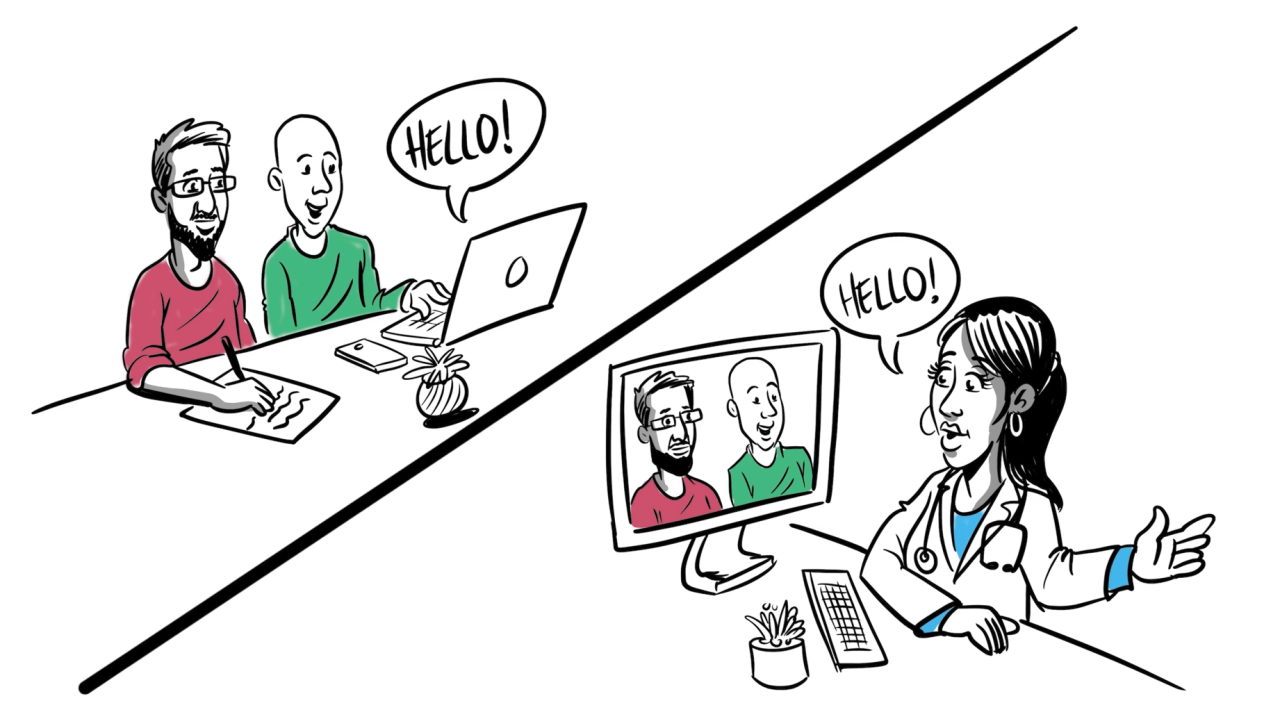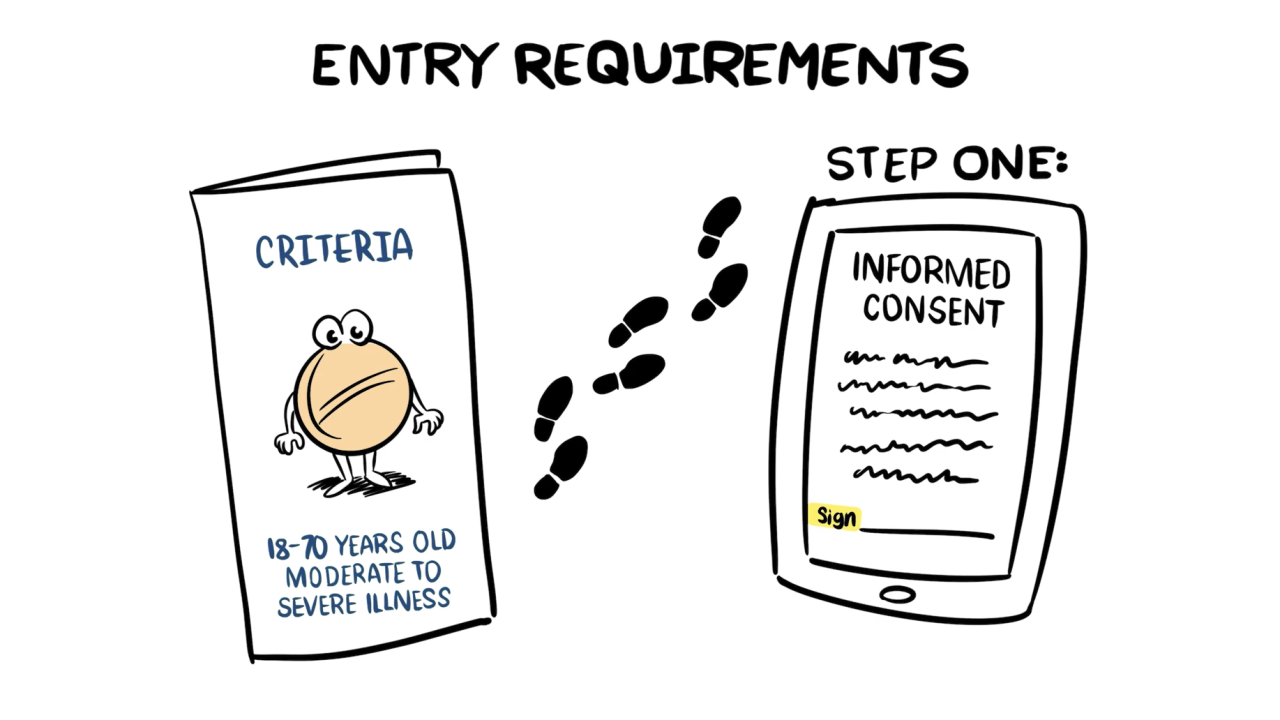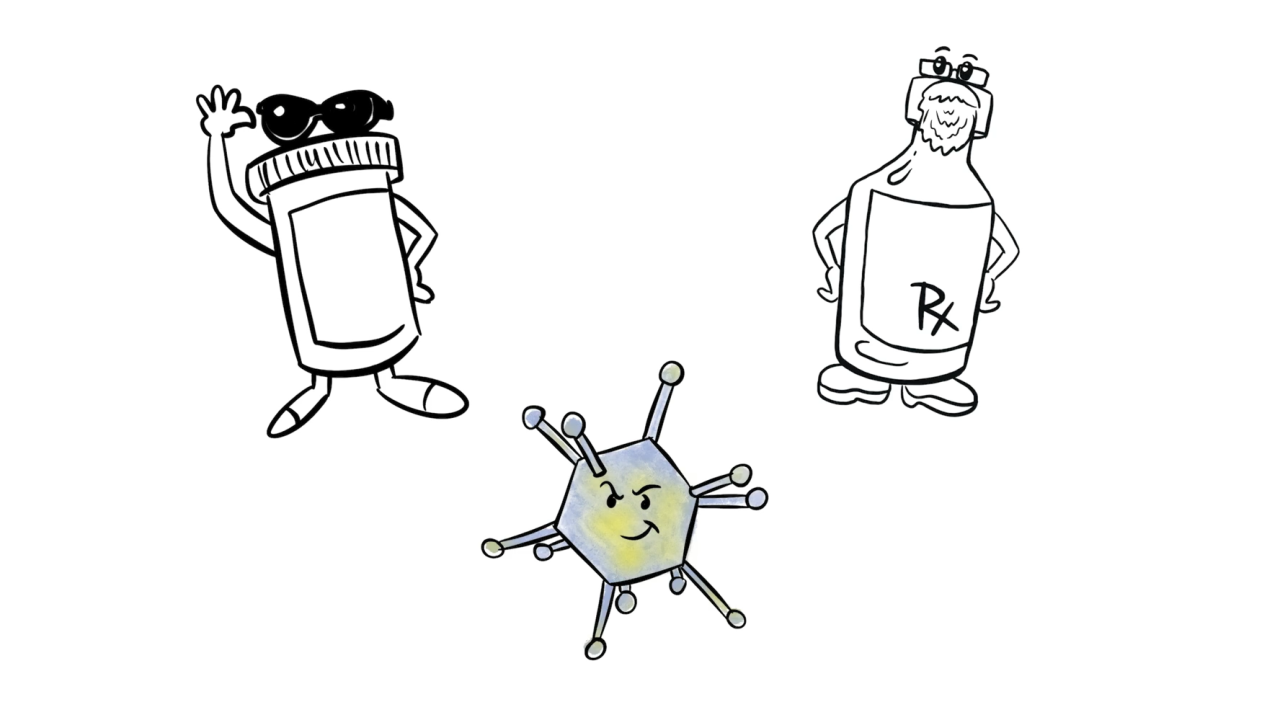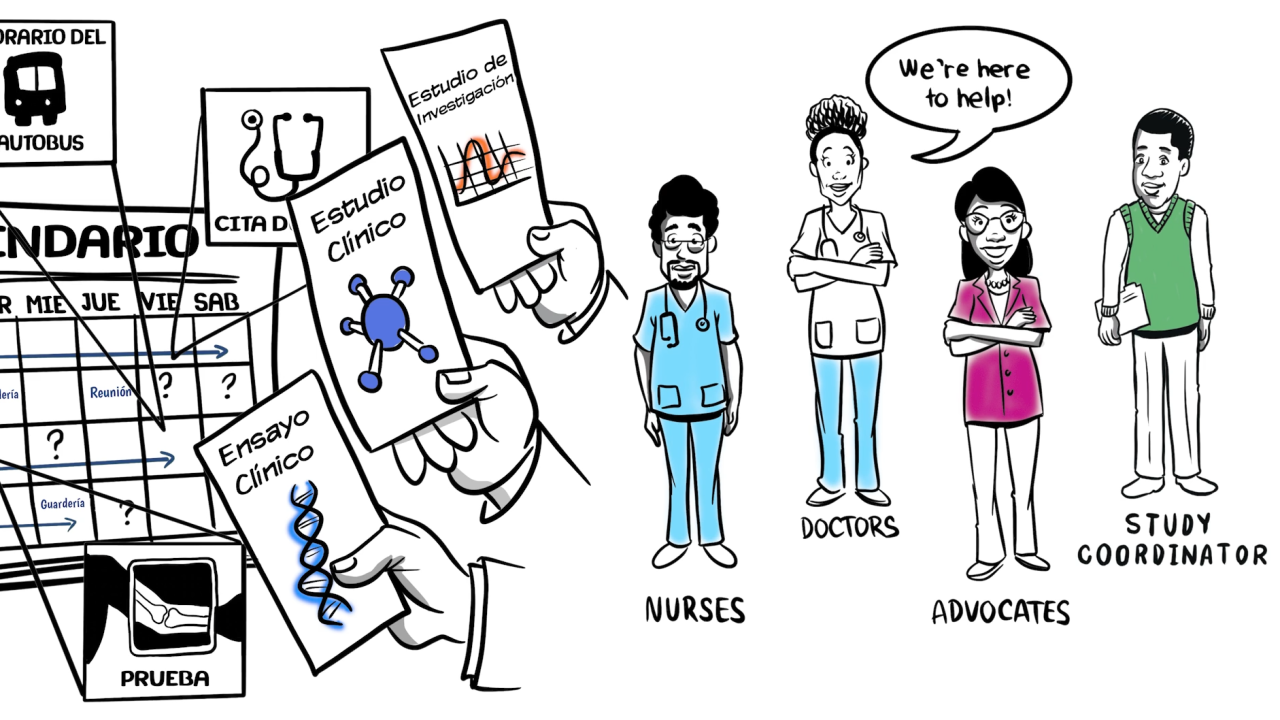Understanding Clinical Trials
Clinical trials are research studies that involve people. Through clinical trials, doctors find new ways to improve treatments and the quality of life for people with certain diseases. Researchers design cancer clinical trials to test new ways to:
- Prevent cancer
- Find and diagnose cancer
- Treat cancer
- Manage symptoms of cancer and side effects from its treatment
Clinical trials are the final step in a long process that begins with research in a lab. Before any new treatment is used with people in clinical trials, researchers work for many years to understand its effects on cancer cells in the lab and in animals. They also try to figure out the side effects it may cause. Today, people are living longer lives from successful cancer treatments that are the result of past clinical trials. When you take part in a clinical trial, you add to our knowledge about cancer and help improve cancer care for future patients.
Any time you or a loved one needs treatment for cancer, clinical trials are an option to consider. Trials are available for all stages of cancer. They are for people who are just starting treatment and those whose current treatments may not be responding to treatment.
Clinical Trials - What You Need to Know
Text adapted from the National Cancer Institute; images provided by Genentech. Reviewed on November 15, 2023.






